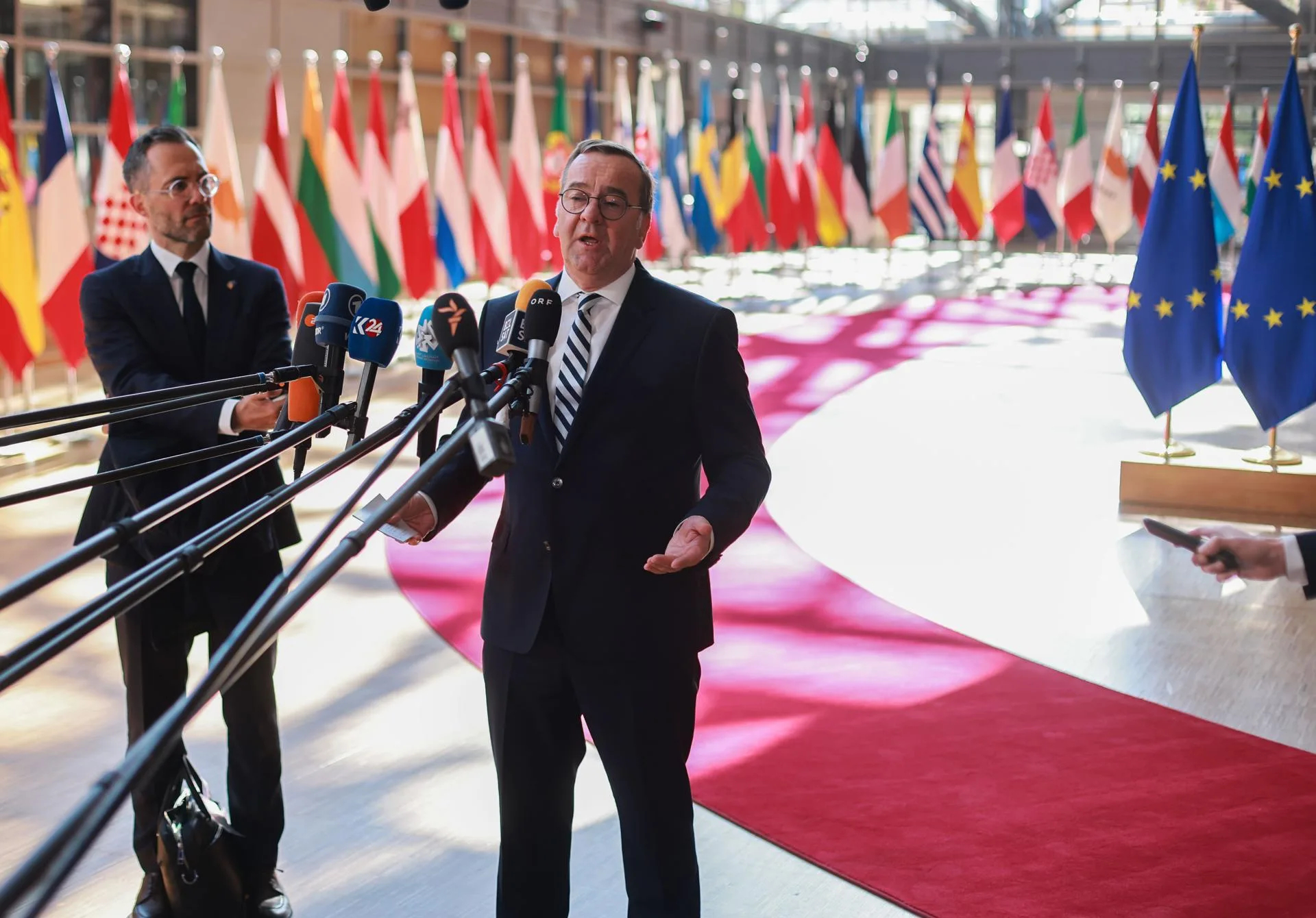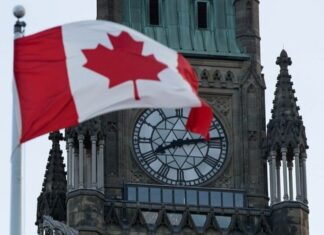
In a landmark decision that signals a seismic shift in Western policy toward Syria, the EU lifted all economic sanctions on Syria. The move, which closely follows a similar announcement by US President Donald Trump, was hailed by Syrian officials as a turning point for national recovery and regional reintegration.
The EU’s foreign policy chief, Kaja Kallas, emphasized the conditional and reversible nature of the decision, stating, “There can be no peace in Syria without economic recovery and stability.” At a press conference in Brussels, Kallas added, “We want to help the Syrian people build a new, inclusive, and peaceful Syria.”
The lifted measures include bans on oil imports, investment in infrastructure, and financial dealings with Syrian banks. However, sanctions tied to individuals connected to the regime of Bashar al-Assad and the arms embargo remain in place.
Syrian Leadership Welcomes Move as Gateway to Recovery
Reacting to the EU’s announcement, head of the Central Bank of Syria (CBS) Abdulqader Hasri described the decision as “a positive step toward enhancing financial and economic stability.” Hasri noted the simultaneous lifting of sanctions by both the EU and the US “marks a pivotal moment” and offers an opportunity to stimulate investment and confidence in the Syrian economy.
Interior Minister Anas Khattab echoed the sentiment, calling the EU’s decision “an important step towards opening new horizons for recovery and reconstruction.” Khattab expressed hope for “a peaceful future where the Syrian people have the opportunity to build their future in safety and stability.”
Defense Minister Marhaf Abu Qasra credited the Syrian people’s resilience and affirmed that the country is “reclaiming its leading role in the region.” He called for continued international cooperation to maintain economic and political momentum.
International Reaction and Strategic Calculations
European leaders framed the decision as an effort to empower Syrian civilians rather than the country’s former leadership. “The EU wants to make a fresh start with Syria,” German Foreign Minister Johann Wadephul said. “But we also expect an inclusive policy within the country that includes all population groups and religious communities.”
The shift follows months of negotiations within the EU, with member states citing the need for more “effective support” for Syria’s political transition and development. Officials acknowledged that the US decision to lift its sanctions played a role in accelerating Europe’s timeline.
The Syrian Foreign Ministry hailed the EU’s move as a “radical shift” that opens the door to mutually beneficial partnerships. A ministry statement emphasized readiness to engage with European businesses in rebuilding efforts and called for a focus on sustainable development.
The UN, Turkey, the Gulf Cooperation Council and several European governments, including Germany and Norway, praised the EU’s decision. UN Special Envoy to Syria Geir Pedersen called it a critical step “to support the Syrian people in their quest to build a comprehensive, peaceful, and just future.”
While the decision marks a significant diplomatic shift, Kallas underlined that continued engagement depends on progress within Syria: “We all need a stable Syria, and we need to give the Syrian people a chance.”








